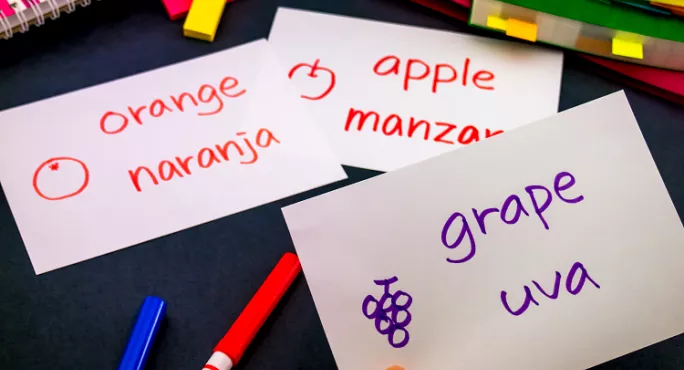The government has announced a review of GCSE modern foreign languages content that it is understood will consider making the qualifications more accessible and relatable for pupils.
Ian Bauckham, who sits on the board of Ofqual and led a review into the teaching of modern foreign languages in 2016, will chair the panel that will consider the content. The aim will be to increase uptake of MFL at GCSE.
It’s official: Some GCSEs have been easier than others
Need to know: GCSEs’ varying degrees of difficulty - 6 key questions
MFL: Tougher GCSEs ‘put students off learning languages’
GCSE: Have modern foreign languages turned the corner?
Background: We are ‘struggling hugely’ with languages decline, DfE admits
The news comes on the morning that Ofqual announced it was going to adjust grading standards in GCSE French and German after concluding they had been harder than other subjects for more than a decade.
Encouraging more MFL entries
In July, research carried out by the British Council revealed that 71 per cent of MFL teachers were concerned about whether the more rigorous content of the reformed GCSEs was accessible enough for lower-attaining pupils.
However, MFL entries at GCSE rose by 4 per cent this year, representing the first significant increase in entry patterns in recent years.
Commenting on the new review, school standards minister Nick Gibb said: “Foreign languages are hugely important for a modern global economy.
“Studying languages provides greater opportunities for young people. Since the introduction of the EBacc in 2010, the proportion of pupils at state-funded schools studying a modern language at GCSE has risen from 40 per cent to 47 per cent in 2019.
“Our reformed GCSEs are the gold standard, but we have listened to what teachers, parents and Ofqual have told us about GCSEs in modern foreign languages including French, Spanish and German, and are launching a review of the subject content.
“An independent panel will review the content and recommend changes to ensure it continues to be rigorous, as well as supporting high-quality teaching and increasing take-up amongst young people.”




